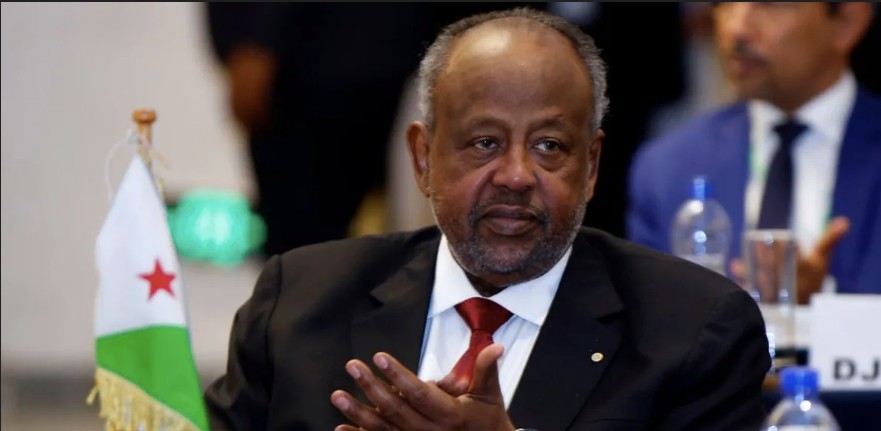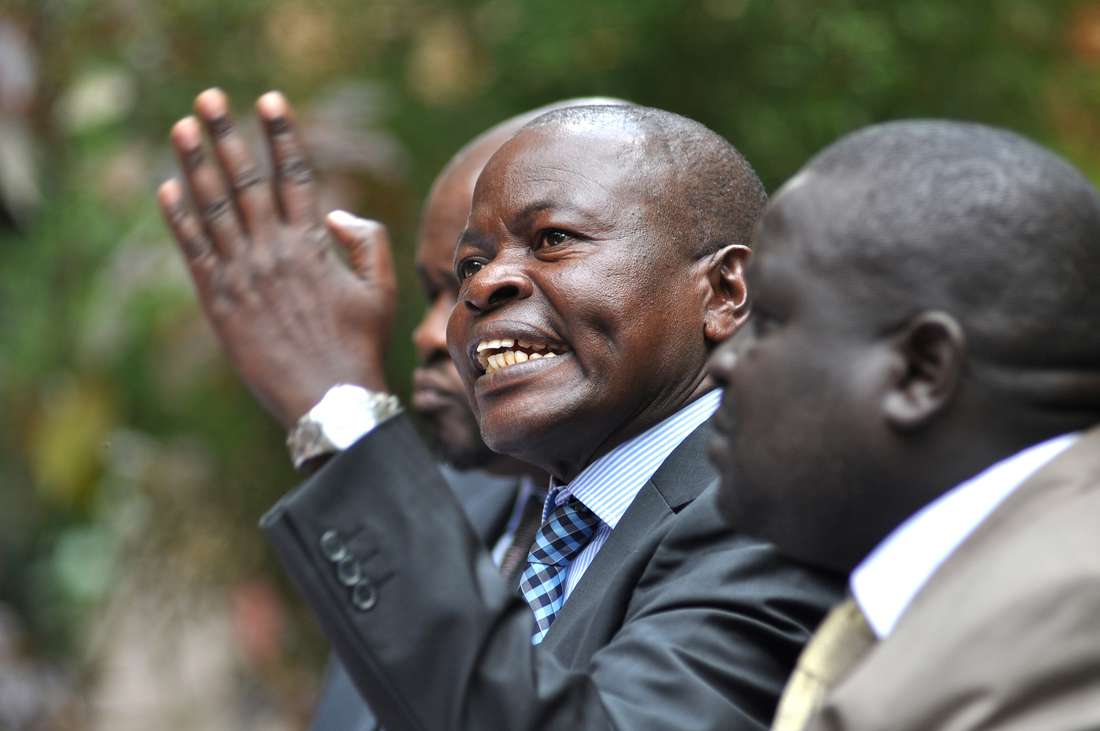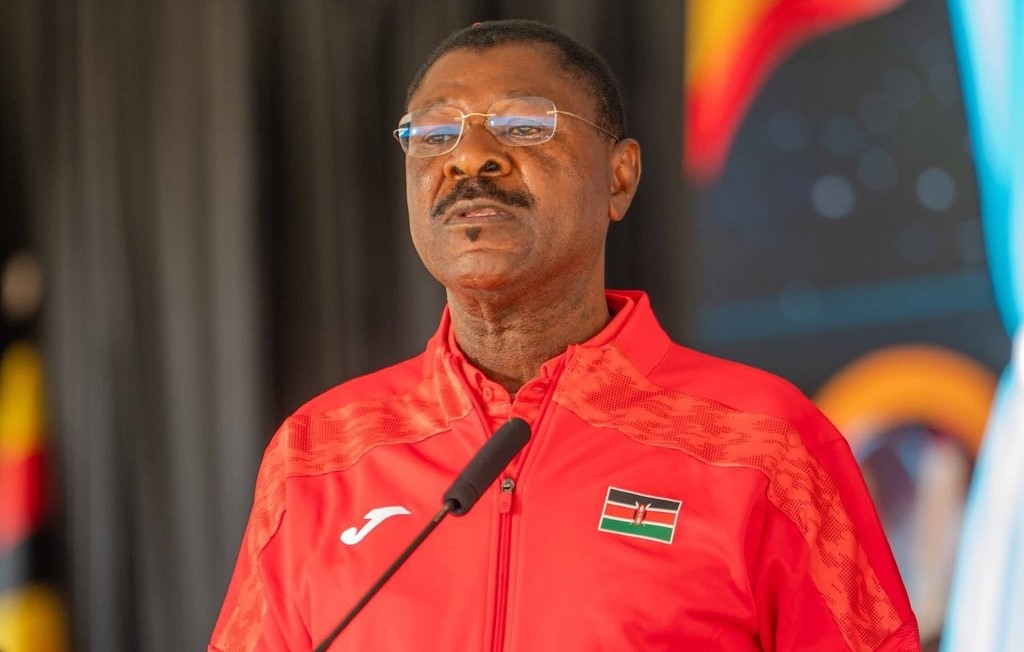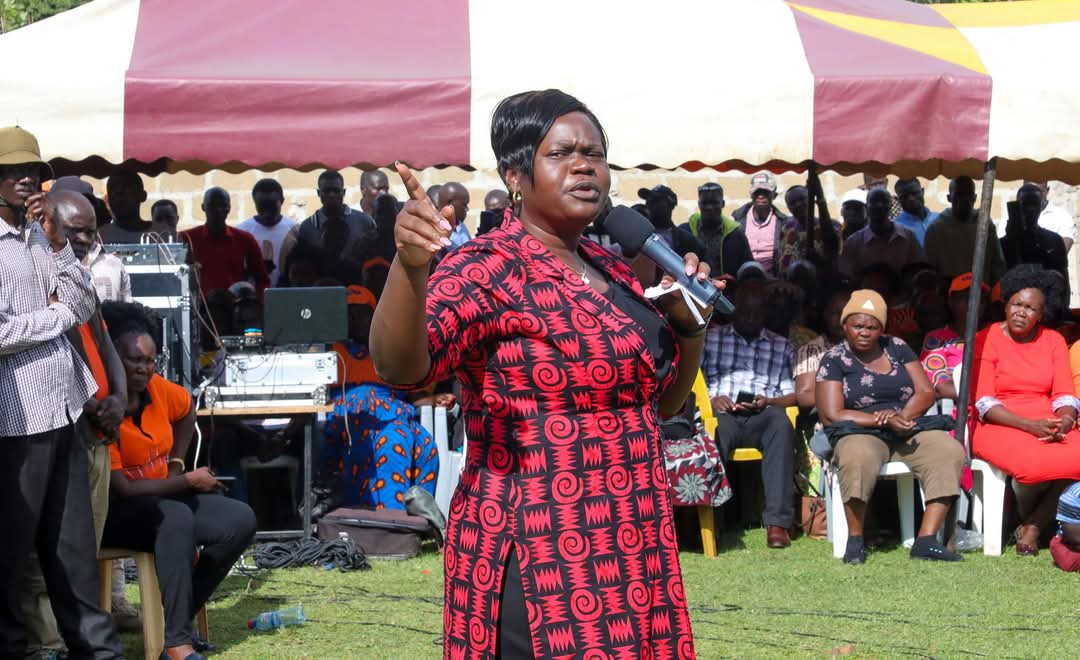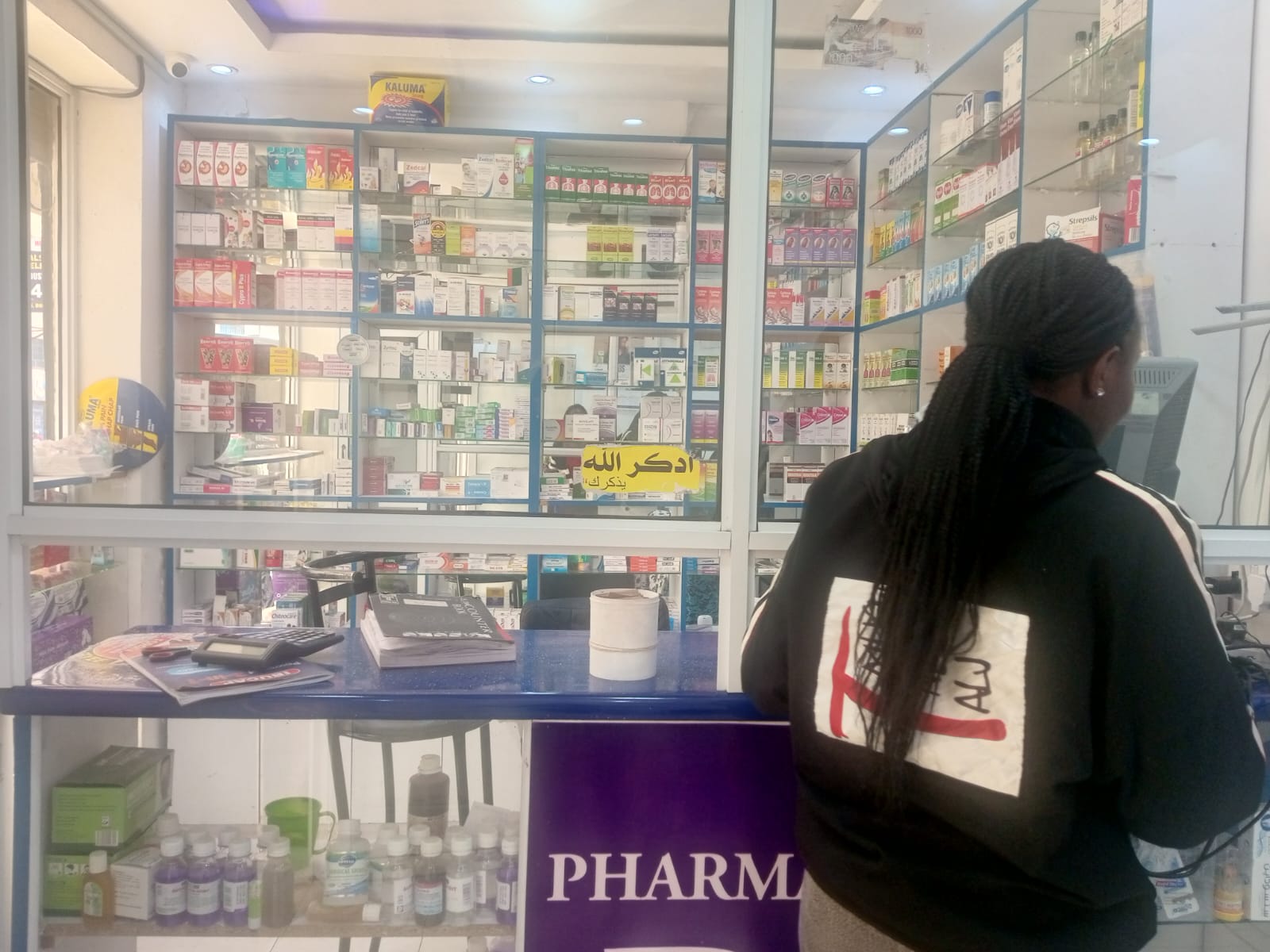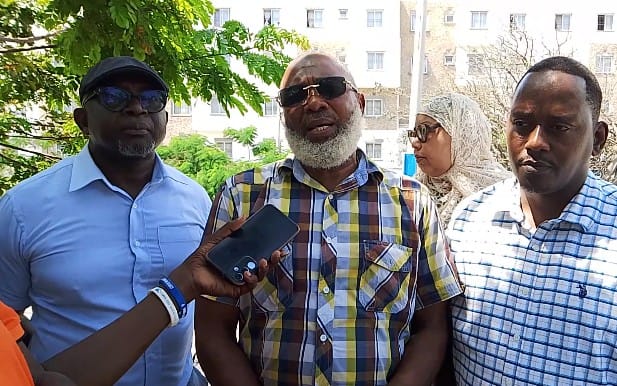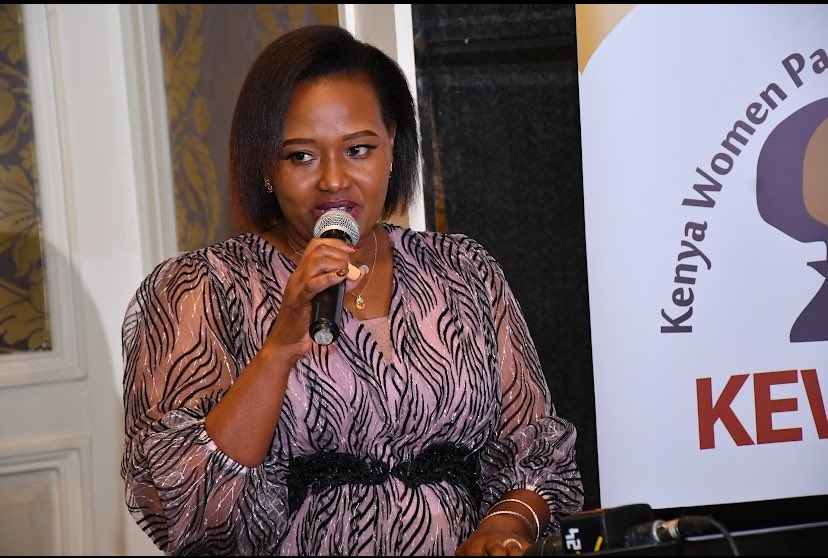African leaders urge US to ramp up investment, rethink tariffs
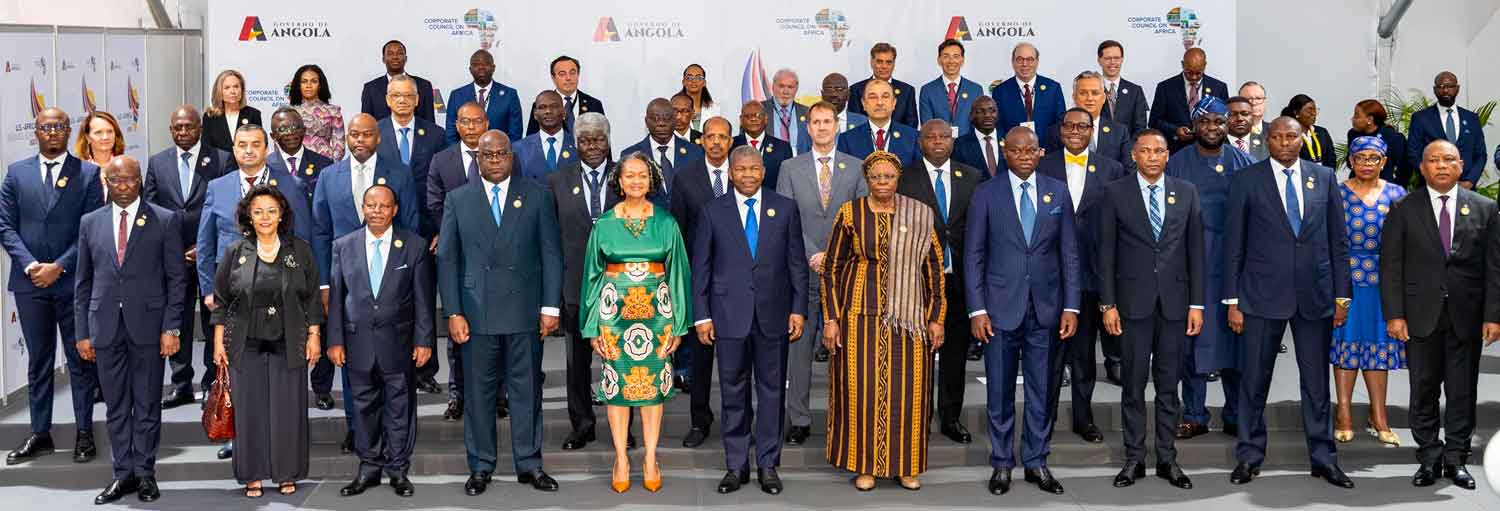
Senior State Department Bureau Official Troy Fitrell said there are business leaders in the US who need to understand the opportunities that lie in doing business with Africa.
African leaders gathered at the 17th United States-Africa Business Summit have called on the United States to shift towards more investment-driven partnerships across the continent.
Speaking during the high-level forum in Luanda, Angola, the leaders voiced the need for deeper collaboration that supports infrastructure, industrialisation and innovation, key pillars of human and infrastructural development.
More To Read
- AU calls for rapid tech adoption in farming to shield continent from food crises
- Wave of coups in Africa: What President Paul Kagame thinks
- AfDB pledges Sh2.1 billion for new civil engineering, blue economy centre at TUM
- African Union suspends Guinea-Bissau over coup
- Guinea-Bissau: Who is toppling whom, how and why?
- AU calls for Africa’s permanent seat on UN Security Council
The leaders also called for an urgent review of US tariffs on African exports, urging a more equitable trade framework.
The summit, which is an annual event of the Corporate Council on Africa (CCA), is designed as a vital platform for deepening US-Africa business ties across key sectors, including agribusiness, energy, health, infrastructure, trade facilitation, ICT and finance.
In his remarks, Angolan President João Lourenço emphasised that the time has come for the continent to realign its partnership priorities.
“It is time to replace the logic of aid with the logic of investment and trade,” Lourenço said.
He urged US companies to diversify beyond traditional oil and mineral extraction and invest in sectors such as automotive manufacturing, shipbuilding, tourism, cement production and steel production.
African Union Commission Chairperson Mahmoud Ali Youssouf echoed his sentiment. “We are not seeking aid, but building co-created solutions.”
He also called for the removal of punitive tariffs and visa restrictions, noting that Africa’s 1.3 billion people and abundant resources remain among the world’s most significant untapped economic opportunities.
“This should not just be a summit, but a call to action. Together, let’s walk the pathways to prosperity with unity, purpose, and Agenda 2063 as our guide,” Youssouf told the summit.
In his remarks, African Development Bank (AfDB) Group President Dr. Akinwumi Adesina called for a review of the high tariffs on African countries. “What is needed is more trade between Africa and the US, not less,” Adesina said.
African Continental Free Trade Area (AfCFTA) Secretary General Wamkele Mene reinforced Africa’s integration agenda, highlighting the importance of open regional markets.
He further emphasised that the success of AfCFTA is essential to scale investment, reduce fragmentation, and accelerate industrial development across the continent.
From rhetoric to action
The central message turns out clear: the era of aid dependency is over, and the time for transformative investment partnerships has arrived.
Responding to the call for deeper engagement, US officials acknowledged Africa’s growing economic importance and the need to reset perceptions.
Senior State Department Bureau Official Troy Fitrell said there are business leaders in the US who need to understand the opportunities that lie in doing business with Africa.
“Our mission going forward will be to find them and bring them in,” Fitrell said.
Africa’s missing share of a $2.9 trillion opportunity
AfDB President Adesina informed the audience that in the past eight years since its establishment, Africa50 has invested in a portfolio of infrastructure projects worth over $8 billion (Sh1.03 trillion).
“But more is needed, especially from private sector investors,” Adesina said.
“Africa should be well-positioned to attract some of the $2.9 trillion global green bonds. However, the continent represents less than one per cent of global green bond issuance.”
He explained that this is due to the fact that much of Africa’s infrastructure is still undeveloped, presenting a significant opportunity for green bond issuances to support sustainable infrastructure, lower carbon emissions, and enhance climate resilience.
Notably, it is on this ground that AfDB launched the Alliance for Green Infrastructure in Africa (AGIA) to mobilise $500 million (Sh64.6 billion) for project preparation and development, as well as $10 billion (Sh1.3 trillion) for green infrastructure investments.
Africa50 is the general partner for the AGIA-Project Development Fund, with several Limited Partners, including the G7 countries.
To further mitigate risks at scale across Africa, AfDB is establishing the Africa Risk Mitigation Agency, which will consolidate all banks’ guarantee instruments into a single entity.
The entity seeks to support guarantees for equity risk, climate risk, refinancing risk and political risk.
Adesina emphasised that Africa50 is also pioneering asset recycling, enabling governments to recover their investment in infrastructure by transferring brownfield assets to the private sector.
This would seek to help reduce debt burdens and provide liquidity for governments.
The renewed momentum for US-Africa business partnerships received strong political backing, with the participation of seven Heads of State, several Prime Ministers, and leaders of key regional organisations.
The summit was held from June 22 to 25, 2025.
Top Stories Today



